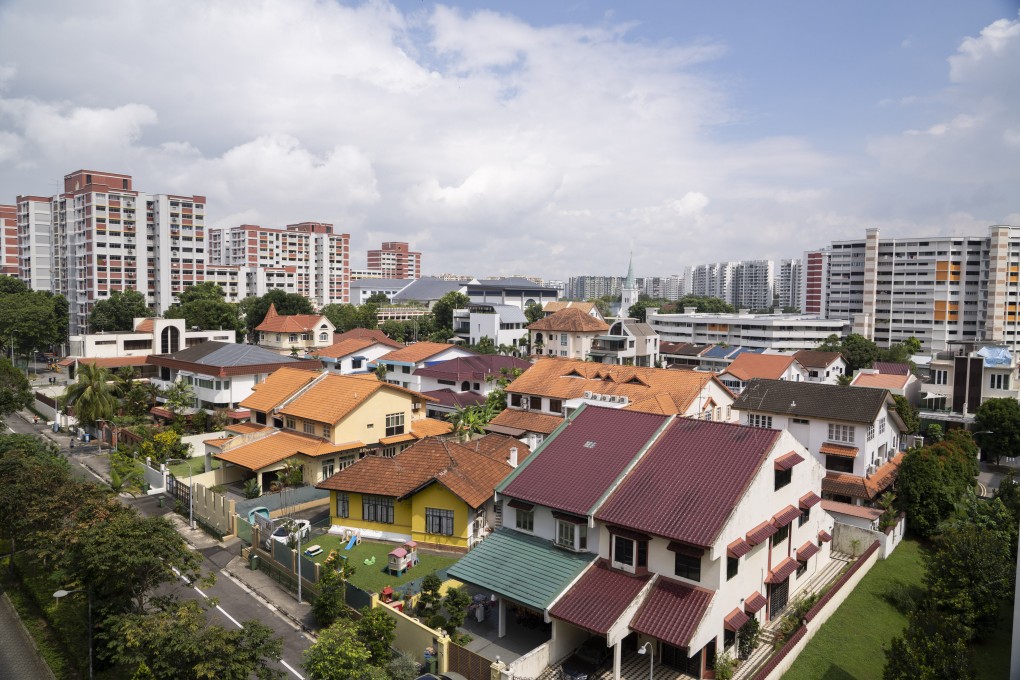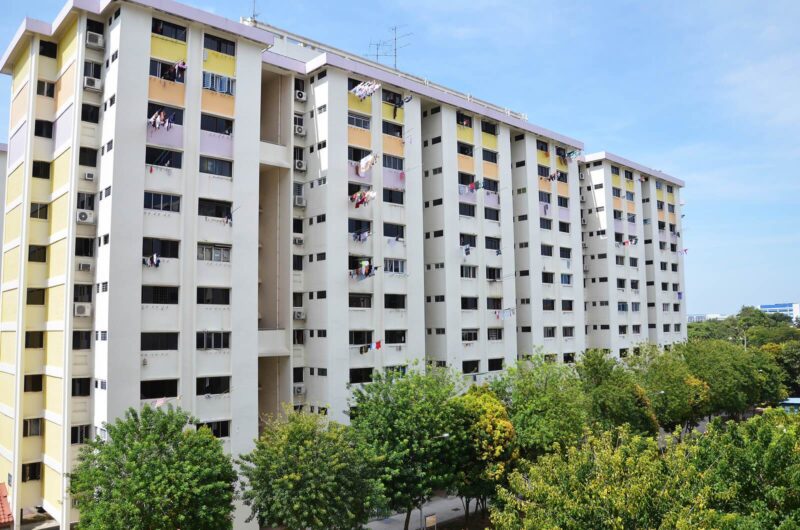As the vibrant city-state of Singapore continues to evolve, many potential homeowners find themselves at a crossroads: is now the opportune moment to invest in a flat? With a dynamic real estate market influenced by a myriad of factors—economic indicators, government policies, and shifting demographics—prospective buyers must navigate a labyrinth of information. The allure of Singapore’s thriving economy, combined with its rich cultural tapestry, has consistently attracted both local and foreign investors.
Yet, amidst fluctuations in property prices and interest rates, the question remains: what does the current landscape reveal about the timing of such a significant investment? By analyzing key market indicators, we aim to unravel the complexities of this decision, helping you determine whether your dream flat is just a transaction away or if patience may yield a better opportunity.
Current Economic Conditions Affecting Real Estate

As we navigate the current economic landscape, several pivotal factors are influencing the real estate market in Singapore. Interest rates have seen notable fluctuations, responding to global monetary policies and local demand trends, which inevitably impact borrowing costs for potential homebuyers.
Moreover, inflationary pressures are affecting disposable income, leading many to consider their financial commitments more cautiously. Property prices, while still robust in certain districts, are beginning to show signs of moderation, prompting prospective buyers to reevaluate timing and investment strategies.
Developments like Upperhouse are gaining attention for their blend of modern design and strategic location, appealing to those seeking long-term value in a shifting market. Additionally, government interventions aimed at stabilizing the housing market may introduce new regulations or incentives, further complicating the decision-making process.
With these dynamic elements at play, understanding the broader economic context is essential for anyone contemplating a flat purchase in Singapore.
Real Estate Market Trends in Singapore

The real estate market in Singapore has shown a remarkable resilience amid global economic fluctuations, making it a fascinating landscape for potential homebuyers. With property prices witnessing steady growth, driven by robust demand and limited supply, many are questioning whether now truly is the opportune moment to invest.
Recent trends indicate a shift, as buyers become increasingly cautious—yet, the allure of attractive financing options and government incentives remains at the forefront. Additionally, the ongoing developments in urban planning and infrastructure, such as the upcoming transport initiatives and new housing projects, are poised to further influence market dynamics.
As we delve deeper into these indicators, it will become clear just how the fabric of Singapore’s estate is woven with the threads of opportunity and uncertainty.
Government Policies Impacting Property Purchases

Government policies play a pivotal role in shaping the landscape of property purchases in Singapore, especially in a market that fluctuates with global economic currents. Recent measures, such as modifications to stamp duty and loan-to-value ratios, are designed not only to cool speculation but also to promote affordability for first-time buyers.
While these regulations aim to stabilize market conditions, they can simultaneously introduce a layer of complexity for potential homeowners, prompting them to weigh their options carefully. For instance, stricter lending criteria may hinder some buyers from securing necessary funding, while incentives for new developments can spark increased interest in certain areas.
Thus, understanding these policies is essential for anyone contemplating a flat purchase in today’s dynamic environment. Are you equipped to navigate this maze of regulations?
Conclusion
In conclusion, as potential buyers weigh the decision of whether now is the right time to invest in a flat in Singapore, it is crucial to consider a variety of market indicators, including economic trends, interest rates, and government policies. The current landscape presents both opportunities and challenges, and discerning buyers will need to conduct thorough research and perhaps seek expert advice to navigate these complexities.
Projects like Upperhouse exemplify how the market is evolving, offering promising developments that cater to modern living. Ultimately, making an informed choice in this dynamic environment will set the foundation for a successful investment in Singapore’s real estate market.


